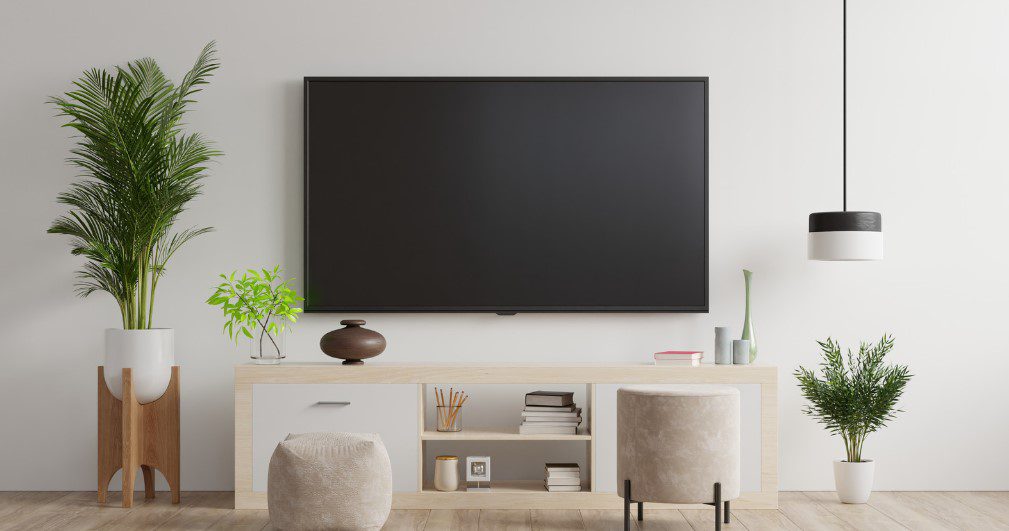Modern Hotel TV Systems: Enhancing Guest Experience and Operational Efficiency

In today’s competitive hospitality industry, offering an exceptional guest experience is critical. Hotel TV systems have evolved from simple cable offerings to sophisticated, interactive systems that significantly enhance guest satisfaction. These modern setups also bring operational and financial benefits for hotel owners and managers.
Key Specifications of Modern Hotel TV Systems
Modern hospitality TVs offer a wide range of features designed to meet the entertainment and information needs of guests:
– 4K Ultra HD Resolution: High-quality visuals that align with the expectations of guests used to top-tier content at home.
– Smart TV Capabilities: Guests can stream content from popular platforms like Netflix and YouTube, and mirror content from their devices via built-in Chromecast or similar technology.
– IPTV (Internet Protocol TV): IPTV delivers a more interactive viewing experience, offering live TV, on-demand content, and integration with hotel services such as room service and concierge information.
– Interactive Menus: These allow guests to access hotel amenities, local attraction guides, and in-room services directly through their TV.
– Customization Options: Hotels can brand the TV interface and display tailored content like spa promotions or restaurant recommendations, creating a personalized guest experience.
Benefits to Hotel Owners and Managers
1. Improved Guest Experience
Modern hotel TV systems elevate the in-room experience by giving guests more control over what they watch. With the ability to stream their own content, access on-demand movies, or enjoy interactive services, guests feel more at home and in control of their stay. This leads to higher satisfaction rates, positive reviews, and repeat business.
2. Revenue Opportunities
Hotel TV systems are not just entertainment tools—they can also drive revenue. Hotels can promote their in-house services like dining, spa treatments, or local tours directly through the TV. This visibility increases guest awareness of these services, leading to higher utilization and added revenue. Some systems even allow for in-room ordering, making it easy for guests to purchase services or products without leaving their room.
3. Operational Efficiency
Interactive TV systems help streamline hotel operations. Many systems allow guests to check their bills, request services, or even check out directly through the TV. This reduces the need for front desk involvement and speeds up guest interactions. For hotel managers, this reduces staff workload, improves efficiency, and allows them to focus more on delivering personalized guest experiences.
4. Valuable Guest Insights
Advanced TV systems can collect valuable data about guest preferences and behaviors, such as the types of shows or services they engage with. This information can help hotels better understand their guests and tailor future offerings. For example, a guest who frequently watches sports channels might receive tailored promotions for sports-related events during their next stay, creating a more personalized experience.
5. Lower Maintenance Costs
Modern TV systems, particularly IPTV and Smart TVs, are easier to maintain than traditional cable setups. Service providers typically handle software updates remotely, reducing the need for in-house IT staff. Additionally, these systems tend to be more reliable, minimizing the need for repairs or guest complaints about outages.
6. Energy Efficiency
Many new hotel TV systems come with energy-saving features like automatic shut-off or dimming when not in use, contributing to sustainability goals while cutting energy costs. For hotels focused on eco-friendliness, this is a valuable feature that appeals to environmentally-conscious guests.
The Future of Hotel TV Systems
As technology continues to evolve, future hotel TV systems will likely incorporate more AI and IoT features. This could include voice control for room functions, personalized content recommendations based on previous stays, and even deeper integration with room systems like lighting and temperature control.
Conclusion
For hotel owners and managers, upgrading to a modern TV system is a wise investment that enhances the guest experience while streamlining operations. These systems not only offer entertainment for guests, but also serve as a platform to promote hotel services, gather insights, and improve efficiency. As travelers’ expectations continue to rise, embracing these technologies will help hotels stay competitive and keep guests coming back.
